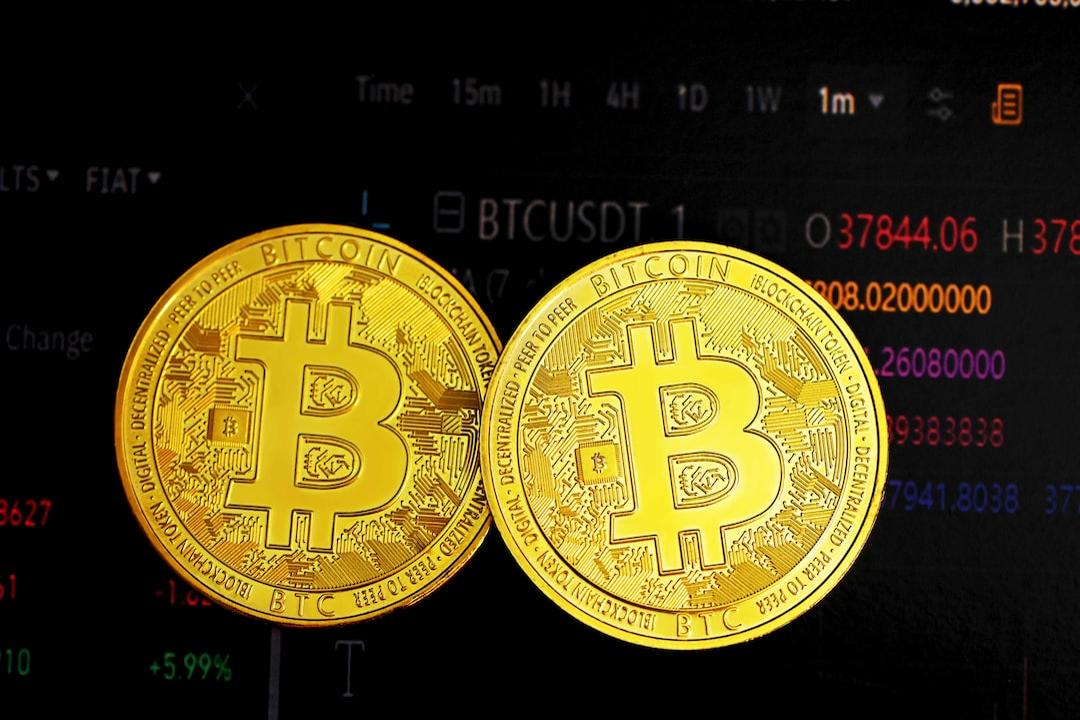Weekend Market Sentiment Shifts to Caution After Moody’s Downgrade
Over the weekend, the atmosphere in the risk asset market clearly turned conservative, primarily due to the international credit rating agency Moody’s downgrading the United States’ sovereign credit rating from Aaa to Aa1. The reasons cited include the widening fiscal deficit, rising interest expenses, and the political deadlock that has rendered fiscal reform hopeless. This downgrade makes Moody’s the third major credit rating agency to lower the U.S. from a “triple A” rating, following Fitch and Standard & Poor’s (S&P).
The White House promptly issued a statement in response, with a spokesperson for the Trump administration criticizing Moody’s decision as politically motivated, intended to undermine public confidence in the government’s fiscal performance. Meanwhile, Treasury Secretary Becerra expressed skepticism towards Moody’s during an interview on NBC’s “Meet the Press” on Sunday, criticizing it as a lagging indicator.
This news not only led to a sluggish performance in the cryptocurrency market over the weekend but also impacted traditional markets, with the yield on the U.S. 10-year Treasury bond rising to 4.48%, and all three major U.S. stock index futures generally declining. While concerns about U.S. debt risks and the devaluation of the dollar may eventually favor decentralized assets like Bitcoin in the long run, the current climate of heightened macroeconomic uncertainty may lead the market to prefer “risk aversion first, then positioning,” resulting in a short-term withdrawal of funds from risk assets.
Alex Kuptsikevich, chief market analyst at FxPro, stated that Bitcoin is currently stabilizing at the critical level of $104,000, indicating that the bulls still have support, but pressure is gradually increasing. He noted that if the price continues to hover at the upper end of the current range without breaking through, it could trigger a short-term pullback. In simple terms, while the market has not yet fully turned bearish, the subsequent trend remains biased toward weak consolidation.

